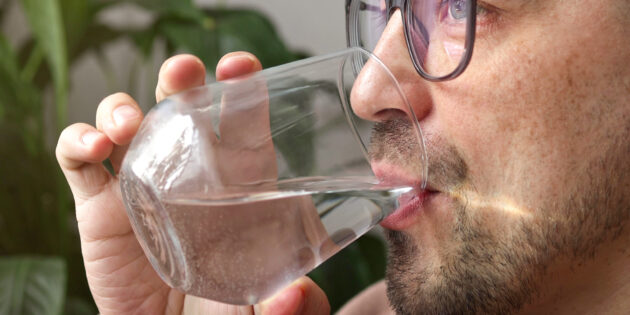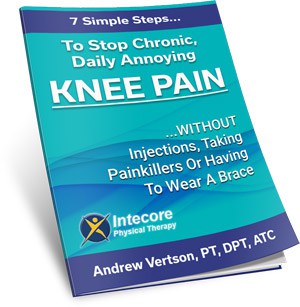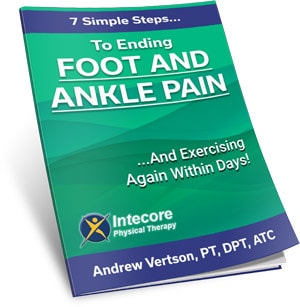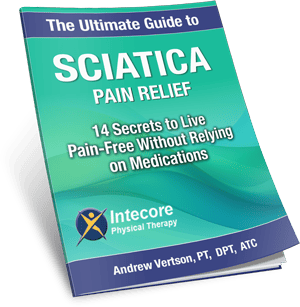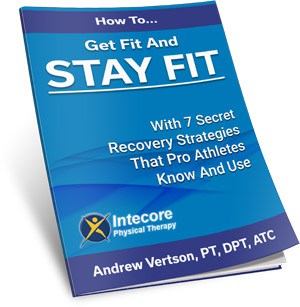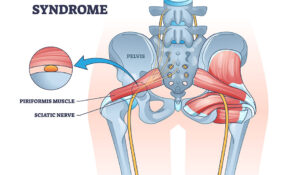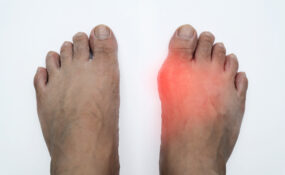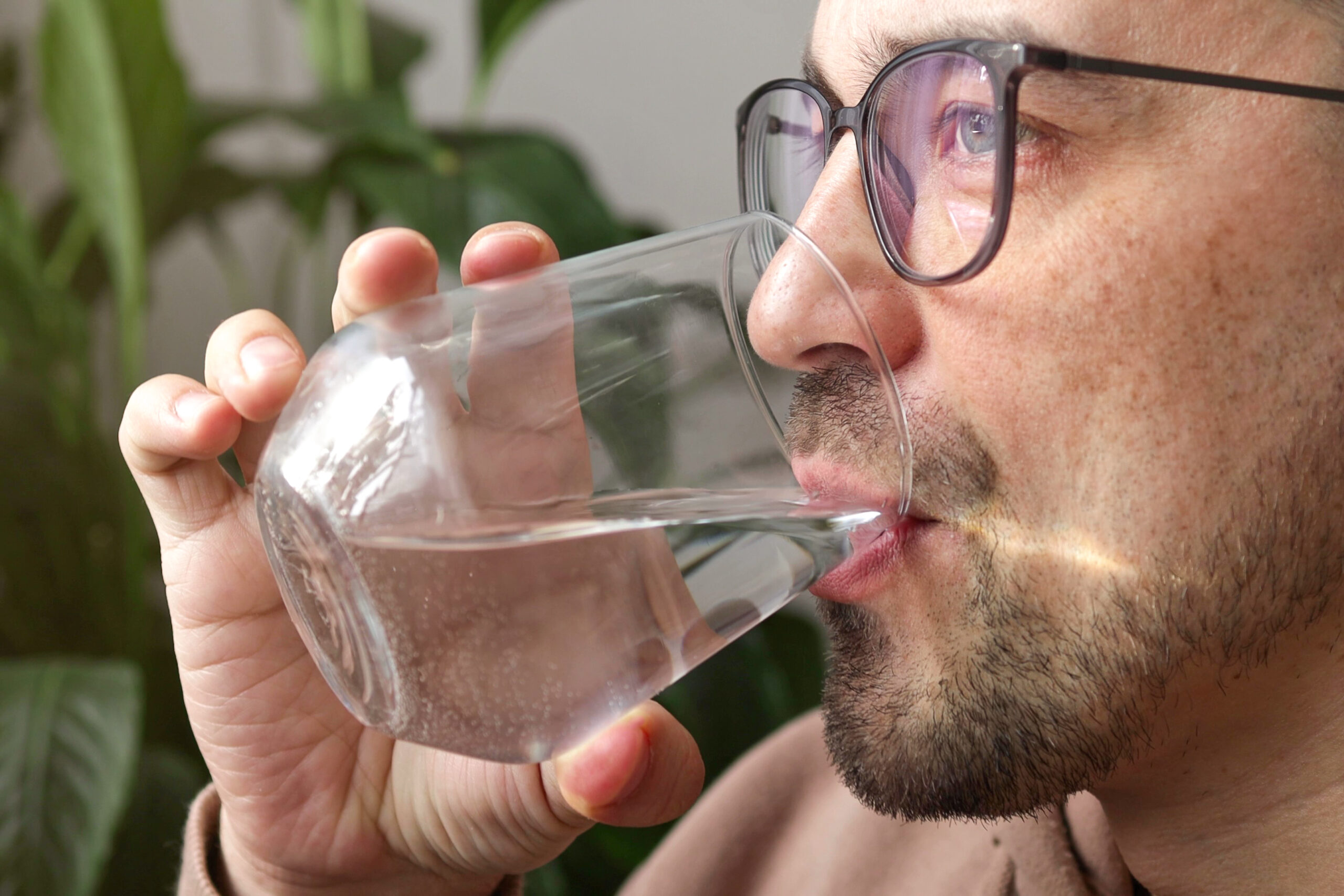
Have you ever stopped to wonder, “How much water should I drink a day?”
This is one of the most common health questions out there. Water is essential for every system in your body. It keeps your joints moving and regulates your temperature. But how much is enough?
Your ideal water intake isn’t one-size-fits-all. It depends on your weight, activity level, and the climate you live in. Whether you run marathons or sit at a desk, hydration is key to feeling your best and easing aches!
In this guide, I’ll walk you through the science of hydration, how to calculate your unique water intake, share tips to stay hydrated, and help you recognize signs of dehydration and what they mean for your health. Let’s dive in and take the guesswork out of hydration.
More Posts Like This From Intecore Physical Therapy:
5 Ways to Incorporate Healthy Habits into Your Daily Routine
There’s A Better Way To Measure Your Health Other Than The scale
Table of Contents
What Are The Benefits of Drinking Water?
Water is more than a drink—it’s essential for your body to function at its best. As a physical therapist, I often remind patients to stay hydrated. It helps manage aches and pains, keeps joints healthy, and supports recovery. Without enough water, your body can’t transport nutrients, regulate temperature, or flush waste. This can leave you feeling sluggish and sore.
Hydration also affects how well your muscles and tissues work. Water helps repair tissues, prevents stiffness, and reduces cramps and fatigue during exercise. Proper hydration can make a big difference. This is true whether you’re recovering from an injury or trying to stay active.
Even your brain feels the effects of hydration. A little dehydration can cause trouble concentrating, mood swings, and a foggy feeling. Drinking enough water keeps you sharp and energized all day. It also helps you stay mentally clear.
So, how much water should you drink to stay hydrated and feel your best? Let’s dive into the details to find out what works for you.
How Much Water Should I Drink A Day?
Determining how much water to drink each day isn’t complicated. But, it does vary from person to person.
A simple guideline is to base your daily water intake on your body weight. A common formula is to drink about half of your body weight in ounces of water each day.
For example, if you weigh 160 pounds, aim for around 80 ounces of water (10 cups).
Your hydration needs can depend on your activity, environment, and health. If you’re active or sweating a lot, drink more water. You need to replace what you lose during workouts or on hot days. If you’re less active, your requirements may decrease.
It’s also important to remember that water doesn’t come from what you drink. Foods like fruits and vegetables contribute to your hydration too. Thirst is a good sign. But, it’s best to prevent dehydration. This is important if you have muscle aches, joint stiffness, or fatigue.
Your body possesses the best knowledge. Listen to its cues, keep a bottle of water nearby, and sip throughout the day.
What Affects How Much Water You Need?
Several factors can influence how much water a person should drink daily:
1. Physical Activity
If you’re moving your body—whether it’s a workout, a hike, or yard work—you’re losing water through sweat. The more you sweat, the more water you need to replace those lost fluids. This is true in hot, humid weather. Dehydration can then occur without warning. To stay energetic and function well, quench your thirst during exercise.
2. Age
As we age, our sense of thirst often diminishes, making it easier to forget to drink enough water. Older adults are more prone to dehydration. Changes in kidney function can affect the body’s water balance. If you’re in this stage of life, it’s important to drink water consistently, even if you don’t feel thirsty.
3. Diet
What you eat impacts your hydration too. Foods like fruits and vegetables (e.g., watermelon, cucumber, oranges) boost your fluid intake. On the flip side, a diet high in salt or sugar increases your body’s need for water to process these substances. Caffeine and alcohol can dehydrate you. If you enjoy them, drink extra water to compensate.
Understanding these factors can help you make smarter hydration choices based on your lifestyle, age, and diet. As a physical therapist, I tell my patients to stay hydrated. It supports health and helps with joints, muscles, and fatigue. Keeping water intake top of mind can make a noticeable difference in how you feel and move every day!
Why Drinking Enough Water Matters
Drinking an adequate amount of water offers many benefits that extend beyond mere hydration. One of the most significant impacts is boosting physical performance.
Water is your body’s built-in support system, especially when you’re active. It keeps your joints lubricated, helps your muscles function smoothly, and prevents overheating by regulating your body temperature. Whether you’re hitting the gym or going for a walk, staying hydrated lets you move better and recover faster, reducing stiffness and soreness.
In addition to physical benefits, hydration has a profound impact on cognitive function. Studies have shown that even mild dehydration can impair concentration, memory, and overall cognitive performance. Staying well-hydrated can boost your mental clarity and focus. This leads to better decisions and higher productivity.
Moreover, drinking enough water plays a vital role in maintaining healthy skin. Drinking enough water hydrates your skin from within. It reduces dryness and makes your skin look healthier. Plus, water helps flush out toxins, which can contribute to a clearer complexion over time.
How Can You Tell If You’re Dehydrated?
Recognizing dehydration early is key to staying healthy.
Thirst is often the first sign—your body’s way of telling you it’s low on fluids, so don’t ignore it! Another easy indicator is the color of your urine: pale yellow means you’re hydrated, while dark yellow is a sign to drink more water.
Other common symptoms include fatigue, dizziness, and headaches. Dehydration can zap your energy, make you feel lightheaded, and even cause headaches as your body struggles to function without enough fluids.
In more serious cases, symptoms like confusion, a rapid heartbeat, or fainting can occur, which may require immediate medical attention. Keep in mind that children and older adults are especially vulnerable. Watch for signs like dry mouth, lack of tears, or reduced urine output in these groups.
Easy Tips to Drink More Water
Boosting your water intake doesn’t have to be complicated—small changes can make a big difference.
Start by carrying a reusable water bottle with you. Having it on hand serves as a visual reminder to sip throughout the day. Set a goal to refill it a few times, and you’ll stay on track without even thinking about it.
If plain water feels boring, jazz it up with natural flavors! Add slices of lemon, cucumber, or mint to your water for a refreshing twist. Herbal teas are a great, caffeine-free option. They hydrate and add variety.
Building a routine can also help. Drink a glass of water before meals or snacks. Or, hydrate during daily activities. For example, sip after exercising or during work breaks.
Conclusion
Staying hydrated is key to feeling and performing your best. Remember, a simple guideline is to drink about half your body weight in ounces of water daily—for example, 80 ounces if you weigh 160 pounds. Simple habits like carrying a water bottle or adding natural flavors can make drinking water easy and enjoyable.
Need Some Help With Physical Therapy?
Need some help with aches and pains that are affecting your quality of life? Contact us today and we’ll help you make a plan tailored to you. You can also give us a call here: 949-597-2103
- Sciatica or Piriformis Syndrome? 3 Ways to Tell the Difference (Self-Test Guide) - December 22, 2025
- What Is Gout? Why It Happens and What You Can Do About It - November 17, 2025
- 3 Essential Back-Saving Tips You MUST Know Before Any Workout - November 14, 2025

